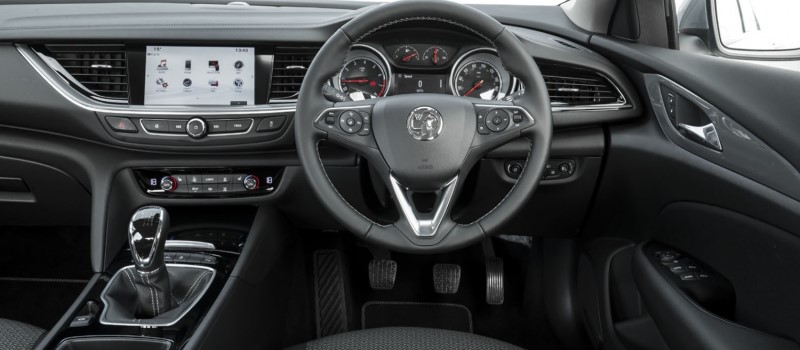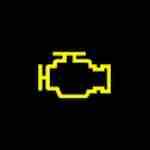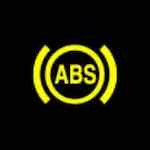The Vauxhall Insignia (known as the Opel Insignia) was first manufactured in 2008 (first generation from 2008 to 2017) and is presently in the current second generation.
The Vauxhall / Opel Insignia dash warning lights are detailed on this page apply to both first-generation (Mk 1) and second-generation (Mk 2) and all model variations. Dashboard instrument shows vary by model version.
Green symbols are used to inform the driver that a system/utility has been turned on. Yellow symbols indicate a minor failure or that a utility has shut down when it is enabled by default.
























